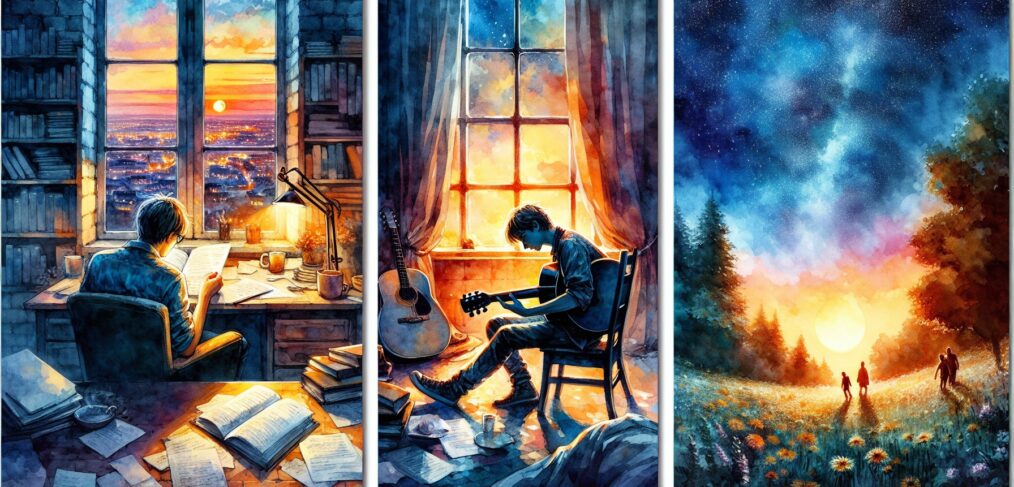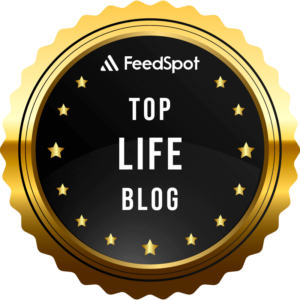
Productivity, Creativity, and Rest—Finding a Balance
Time is an enigma. We either have too much of it or too little of it. You can go from not finding a spare second to breathe to bemoaning a long, uneventful Sunday afternoon with nothing to do. Too little time can be overwhelming and exhausting, but too much time can be frightening. Busy people dream of a time when they can relax and recoup, but resting all the time quickly becomes tedious and unfulfilling. You might have productivity goals and be intentional about periods of rest, and ideally, these are balanced. On top of these, you might have creative endeavors that add meaning to your life, and these activities must be added to the equation. It seems straightforward, but for many, finding this balance is almost impossible.
The hectic times
In their working lives, few people face an overabundance of time. They have to wake up at some ungodly hour, sit in traffic, work for eight to ten hours, come home, engage with their children, do household chores, and make dinner. They may get a few spare minutes to open a book or watch TV. Weekends are spent in youth sports or errands—filling in the gaps with lawn work and other chores. It’s true; when you look at your responsibilities, there doesn’t seem to be a lot of room for flexibility. But, whether you believe it or not, that’s not true. The mistake most people make is thinking about tasks instead of goals. Instead of thinking of what you have to do, you should think of what you want to achieve and your priorities. Here are some specific steps you can take to help you move in that direction.
Time off
I like to try to take Sundays off (my son is grown, in case you were wondering). Often, events and responsibilities get in the way of that, but I do my best. The day usually starts as it always does, with coffee and conversation, and then I look forward to the remainder of my “day of rest” with eager anticipation. I read a book I haven’t been able to get to, I watch some baseball, I go for a walk, I might binge-watch a TV show. But invariably, I get bored. It’s not that the book, game, or show is bad. It’s not that I don’t enjoy a moment to pause and reflect. For me, anything I do for an extended period begins to lose its charm. My friend Fred put it succinctly the other day. He said, “I’m a worker bee,” and that’s it exactly. I like to be doing something constructive. So, I take the counterintuitive step of adding something productive to my day off—even if it’s just a little thing. I also need to break my day up. I envy people who can read a book cover to cover in a day, but I’ll never be that guy. The bottom line is that rest is healthy and necessary, but you have to make it your own.
Creativity is essential
Trying to make time to do something creative in a busy life may seem frivolous or superfluous, but creativity is important for a couple of reasons. One benefit of creative endeavors is improved mental health. Studies have documented the connection between creativity and maintaining or reconstructing a positive identity (1). Another benefit is brain health. Music, for example, utilizes the same brain functions as math, and playing or listening to music can improve cognitive abilities (2). Finally, there is a connection between creativity and physical health. Music therapy has immune system-boosting effects and stimulates the limbic system, which mitigates the effects of stress (3). Creativity doesn’t have to be intense or time-consuming. Mindfully listening to music or doodling during a meeting fires up the creative part of your brain and may motivate you to explore other avenues you may not have considered.
Fitting it all in
There are only so many hours in the day, but finding a balance best suited to your needs and priorities is possible. You may have to rethink some areas of your life that you fill out of habit or in response to someone’s expectations. If something you do doesn’t improve your life, get rid of it.
Your life is yours; only you can decide how you live it. It is possible to be productive without killing yourself and to find some time for you in between.
~~~
(1) Stuckey HL, Nobel J. The connection between art, healing, and public health: a review of current literature. Am J Public Health. 2010 Feb;100(2):254-63.
(2) Jenkins JS. The Mozart effect. J R Soc Med. 2001 Apr;94(4):170-2.
(3) Krout, RE. Music listening to facilitate relaxation and promote wellness: Integrated aspects of our neurophysiological responses to music. The Arts in Psychotherapy. Vol 34, Issue 2, 2007: 134-41
~~~
Blocks of Life was selected by Feedspot as one of the top 100 life blogs on the web!




